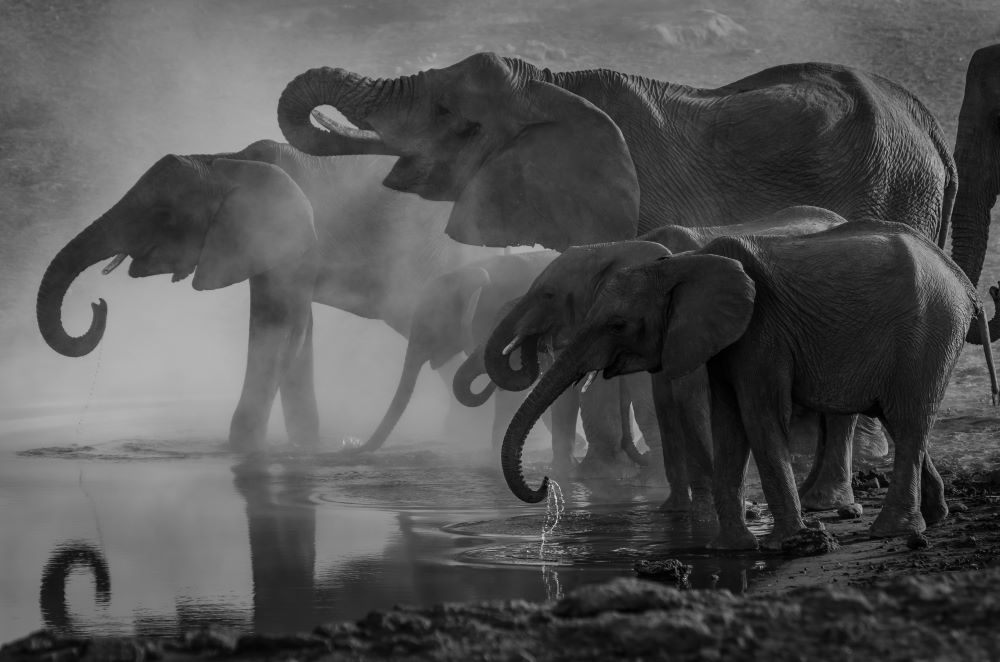
In this post, Sharon Boyd, Susan Rhind and Sarah Batiste, from the Royal (Dick) School of Veterinary Studies, share recent initiatives that seek to empower students to discuss and raise issues of sustainability in their learning environment…
At the Vet School, we have undertaken a range of projects looking at ways in which we can embed sustainability in our teaching and learning. Students and staff work together on our Social Responsibility and Sustainability Committee to make our campus more sustainable, highlighted in our Campus Sustainability Map. We have also adapted our Office Gold award project for the Department of Social Responsibility and Sustainability (SRS) to focus on our classroom “offices”.
Our work has highlighted key areas of good practice in the curriculum, so the next step was to investigate how to make sustainability concepts and challenges more explicit across the undergraduate programme. Whilst no one doubts the crucial importance of embedding sustainability into the curriculum, making it both meaningful and visible to students in a contextualised way is the challenge we hope to address through our recent project generously funded thorough the Student Partnership Agreement scheme: ‘Embedding sustainability in the curriculum using student led co-creation of sustainability problems’. This project happily coincides with a wider review of the veterinary curriculum where one of the early conclusions was the need to develop ‘space’ in the curriculum within which to allow students the time to think, problem solve, and further develop their clinical reasoning skills.
Our curriculum ‘SPACES’ (Synoptic Problems and CasES) is a new addition to the curriculum that is being led by a joint force between staff and students. SPACES will be a consistent thread through our whole curriculum and these cases will provide an opportunity to emphasise sustainability issues and challenges. Our grant is allowing us to work in partnership with students to make sure cases are designed from the student viewpoint. Students were keen to share their opinions about sustainability and issues that were met in previous conversations, whilst offering potential solutions.
“Sustainability is a frequented topic in today’s world, from classrooms and committee meetings to everyday conversations. Although conversations are important, I found it frustrating that it was not concretely addressed within lectures and teachings. I was therefore happy to get involved with discussions centered around integrating sustainability into the lectures.” Sarah Batiste, Student Sustainability Rep.
It is inspiring for us all to be part of this collaboration, working together to implement changes to teaching material and discussion topics for future classes. The key conclusion from the conversations so far was that we are all keen to discuss the problems of sustainability within the veterinary profession. Leading from this, we are accepting the challenge of thinking about how we as a profession can assist in the fight against climate change.
Our project is still very much a work in progress but early discussions with students and staff have been hugely insightful delivering such great quotes as ‘It’s more than just carbon’ and a recognition that ‘Often sustainability talk can dissolve into unhelpful arguments’. Our next steps are to take some cases staff have already developed from a clinical point of view and work within our student-led team to embed relevant aspects of sustainability dilemmas. We’re now moving this team online so we can keep the momentum going with our discussions while we are all on lockdown. The impacts of this pandemic emphasise even more the interrelated and complex problems we are facing, and the important role that the university and the profession has to play.
Watch this space!




